Pegasus Universal debuts its new ‘vertical take-off’ business jet concept at EBACE
Thursday 16th May 2019
Pegasus Universal Aerospace from South Africa is making its debut at EBACE 2019 next week (May 20 to 23) to showcase the pioneering work it has achieved with Pegasus One, its revolutionary Vertical-
The all-composite airframe Pegasus One is targeted for certification and deliveries in five to seven years’ time from its Pretoria, SA facility, where it has engaged an engineering partner who will provide the engineers and designers.
In offering Pegasus One, Pegasus Universal Aerospace is pledging to bring speed, comfort and style to travellers looking for transportation between busy urban airports, small and unpaved landing areas, yachts and regular helipads, amongst others.
Its jet design has the possibility of landing and taking off vertically in the same locations as a helicopter, but it can travel further, propelled like a jet, more quickly, presenting a unique offering for owners /operators.
Pegasus is targeting a 4,400 km range from runway take-off or 2,124 km in VTOL with a planned cruise speed of 796 km per hour. The aircraft will carry six to eight seats with power provided by two 2,300 shp (specific horsepower) turboshaft engines.
Demo tour planned next year
“We are working hard to build a full-scale cabin mock-up of Pegasus One which we plan to bring to London to start a demonstration tour of Europe in 2020 to drum up interest. We look forward to meeting forward thinking investors and of course potential operators during the tour,” said Dr Reza.
Pegasus has identified a customer base that spans the civil and executive aerospace sectors, offering operational benefits unlike any other aircraft. Along with Europe, India and China are key markets, he believes.
The company is close to identifying key suppliers for avionics, (its retractable) landing gear and the engines that will be the best fit for its highly evolved control systems and automation sub-systems.
Depending on take-off option – VTOL or runway - Pegasus One will be able to fly for three and a half to six hours, supporting direct,
To date, the business has been predominantly self-funded, together with angel investment. Pegasus is now seeking new investment and looking for interest from industry influencers and leaders. Pegasus estimates its needs around US$400 million to bring the aircraft to market.
“We are delighted to be attending EBACE as it is the premier event for business aviation and there is a firm emphasis on future travel this year,” said Dr Reza. He has been a guest futurologist speaker in London recently, at Corporate Jet Investor’s Revolution.aero conference and at the end of April, at the Royal Aeronautical Society’s Business Aviation 2030 evening.
Flying Future: Electric Propulsion and Business Aviation features in the EBACE programme on Tuesday, 21 May - from 15:30 to 16:00hrs, while eVTOL - urban mobility is highlighted on Wednesday in a session from 13:00hrs to 14:00hrs on Wednesday May 22.
Latest News
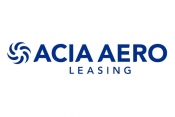
Wednesday 19th February 2025
ACIA Aero Leasing places ATR72-500 Bulk Freighter with Canada’s KF Aerospace
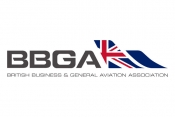
Wednesday 19th February 2025
Serious consequences for charters operating without a valid UK Foreign Carrier Permit, warns BBGA




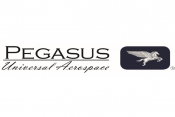
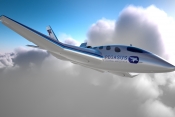
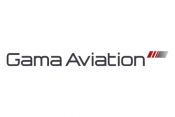

Get Social
Twitter Linked in Facebook Instagram